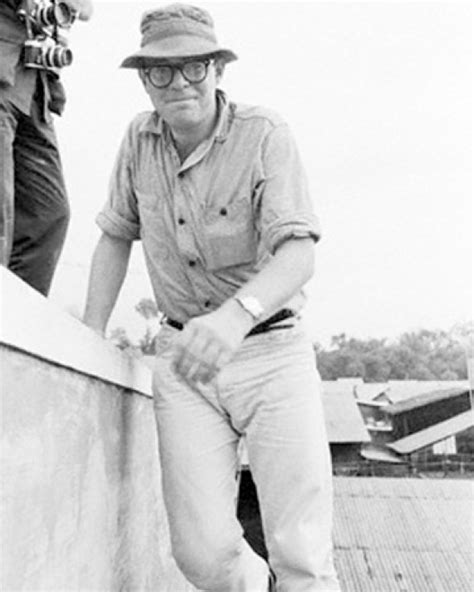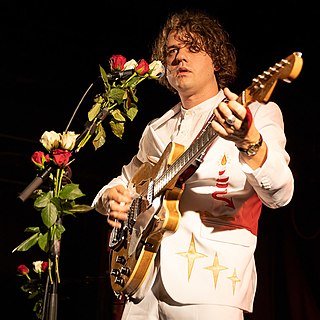A Quote by Tim O'Brien
And in the end, of course, a true war story is never about war. It's about sunlight. It's about the special way that dawn spreads out on a river when you know you must cross the river and march into the mountains and do things you are afraid to do. It's about love and memory. It's about sorrow. It's about sisters who never write back and people who never listen.
Related Quotes
Ours is a world of nuclear giants and ethical infants. We know more about war than we know about peace, more about killing than we know about living. The way to win an atomic war is to make certain it never starts. And the way to make sure it never starts is to abolish the dangerous costly nuclear stockpiles which imprison mankind.
The part of the strangeness of coming back from the war is the way we talk about it. We try to have a discussion about the war that doesn't turn into a discussion about one political side or the other. I wanted to reach out and talk to people about it through fiction, the way a narrative can draw someone in and ask them those questions.
I try to keep deep love out of my stories because, once that particular subject comes up, it is almost impossible to talk about anything else. Readers don't want to hear about anything else. They go gaga about love. If a lover in a story wins his true love, that's the end of the tale, even if World War III is about to begin, and the sky is black with flying saucers.
I never learned to be a writer. I never took screenwriting courses. I never read anyone's scripts. As a writer, my only guiding principle has been to write about things that scare me, write about things that make me feel vulnerable, write about things that will expose my deepest fears, so that's how I write.
World War II is smothered in sentimentality and nostalgia. What's interesting about Vietnam is that sentimentality is just not there, so you're given kind of a clean access to it in one way. It's also a war that represents a failure for the United States. Many people came back feeling like they never wanted to talk about it again. And so we developed a national amnesia.





































